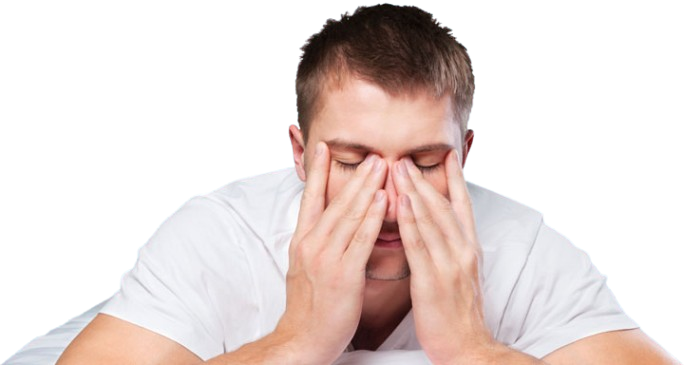Sleep Disorders
Nose and sinuses
Are your blocked nose and sinuses impacting your sleep?
Nose or sinus issues can make it particularly difficult to get a good night’s sleep. Nasal stuffiness, congestion, dripping and obstruction are common symptoms of nose or sinus issues and can often cause problems sleeping. If you’re suffering from nose or sinus issues, we suggest making an appointment to see one of our sleep specialists for a personalised assessment and treatment plan that suits your individual situation.
How we treat blocked nose and sinuses
Our multi-disciplinary team will diagnose the severity of your nose and sinus issues and guide you towards the best treatment for your condition. Whether you require medical treatment such as nose sprays and rinses or surgery, our team of experts provide ongoing support throughout your journey.
At Auckland Sleep we go beyond managing the symptoms of blocked nose and sinuses. Our goal is to provide effective snoring treatment NZ by addressing the root cause for long-term relief.
Nose and sinuses
Sinusitis is a condition where your nasal sinus openings become fully or partially blocked, causing headache, facial pain, infection within the sinuses and reduced sense of smell. A blocked nose and sinusitis can impair your ability to reach a restful phase of sleep.
If you are experiencing symptoms of blocked nose or sinusitis, we highly recommend you book an appointment with our ENT specialist.
The symptoms of sinusitis are very common and can occur without a true infection in the sinuses. Blocked nasal passages can impact ventilation of the sinuses causing a vaccuum to build up within the sinuses that causes pain and pressure headaches. Additional infection with bacteria can cause yellow-green nasal discharge, foul smell, toothache, reduced sense of smell and sleep disruption.
Common symptoms of sinusitis include:
- blocked nose
- nasal congestion
- facial pain
- headache around the forehead area
- runny nose
- reduced sense of smell
- post nasal drip
- sneezing bouts
- toothache
While anyone can develop sinusitis, some people are more susceptible than others. Several factors can increase your risk of sinusitis, including:
- Structural narrowing of nasal passages – deviated septum, broken nose, floppy nostrils.
- Nose allergies – these can cause swelling of the lining of sinuses.
- Injury from pressure changes such as from flying or diving –This can cause intense swelling in the nose and sinuses.
- Injury to the nose from contact sport or a fall – nasal obstruction ccan precipitate sinusitis
- Smoking –smoking impacts normal functioning of cells of the lining of the nose and sinuses
Common treatments for sinusitis include the following:
- Decongestant nasal spray: a nose spray that reduces swelling of soft tissues inside the nose.
- Mild steroid nasal spray: a spray that reduced inflammation and prevents swelling of soft tissues in the nose when used regularly for at least 6-8 weeks.
- Nasal rinsing: washing the nasal passages with a bottle containing a salt water solution
- Antibiotics: These are commonly used in case of bacterial infection of the sinuses
- Oral steroids: these are powerful anti-inflammatory tablets that reduce swelling in the nose and around the sinus openings
- Nose and sinus surgery: a procedure to address structural narrowing of nasal passages and sinus openings and clear any infection within the sinuses.
Septoplasty is an operation to straighten the common wall between the two nostrils, which is called the nasal septum. This is usually performed through cuts made inside the nose.
Septorhinoplasty is an operation to straighten the septum as well as correct any narrowing or collapse of the nostrils. This is often done with an additional cut on the bridge of skin between the two nostrils.
Turbinoplasty reduces the size of the turbinates, which are fleshy cushions that run like shelves along the outer walls of the nose from the tip to the back. They often swell up due to nose allergies and reduce the space available for air flow.

Getting a diagnosis

If you are worried about your nose and sinuses, make an appointment to see our sleep specialist.
If you want to learn how your nose and sinuses is affecting you and what treatments can help, take our sleep test.
